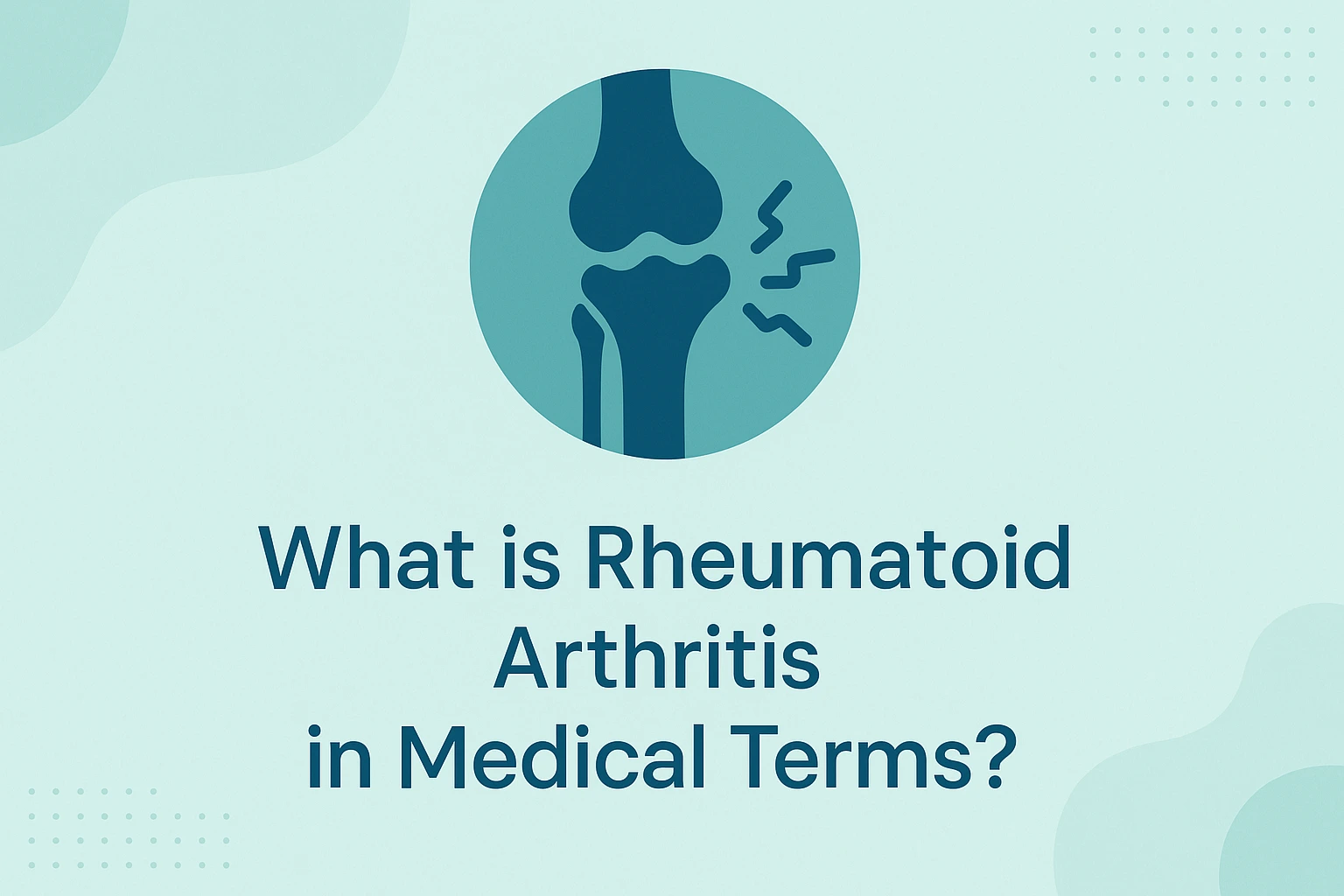Rheumatoid arthritis (RA) is a chronic inflammatory autoimmune disease that primarily affects the joints, causing pain, swelling, stiffness, and potential joint damage. Unlike osteoarthritis, which is caused by wear and tear of the cartilage, rheumatoid arthritis occurs when the body’s immune system mistakenly attacks the synovium, the lining of the joints, leading to inflammation and damage. Over time, this inflammation can affect not only the joints but also other organs and systems in the body, including the heart, lungs, and eyes.

Symptoms of Rheumatoid Arthritis
The symptoms of RA can vary in severity and may come and go, but common signs include:
- Joint pain, swelling, and stiffness, especially in the hands, wrists, knees, and feet.
- Morning stiffness that lasts for more than 30 minutes.
- Fatigue and fever.
- Rheumatoid nodules: Firm lumps that form under the skin near affected joints.
- Loss of joint function and deformities, particularly in the hands and feet, if left untreated.
Causes of Rheumatoid Arthritis
The exact cause of rheumatoid arthritis is not fully understood, but several factors contribute to its development:
- Genetics: A family history of RA increases the likelihood of developing the condition, with certain genes playing a role in immune system regulation.
- Immune system dysfunction: RA occurs when the immune system mistakenly attacks healthy tissues, especially in the joints, leading to chronic inflammation.
- Hormonal factors: Women are more likely to develop RA than men, particularly during the reproductive years, which suggests hormonal influences may be involved.
- Environmental factors: Exposure to environmental factors like tobacco smoke, infection, or certain viruses may trigger the onset of RA in genetically predisposed individuals.
- Age: RA can develop at any age, but it is most commonly diagnosed in people between the ages of 40 and 60.
When to See a Doctor Rheumatoid Arthritis?
Seek medical advice for possible rheumatoid arthritis if: you have persistent joint pain, swelling, or stiffness. Be aware of red flags such as fainting, chest pain, or confusion, which may require emergency care.
Related Terms of Rheumatoid Arthritis
FAQs for Rheumatoid Arthritis
When should I go to the ER for rheumatoid arthritis?
If you experience severe symptoms such as chest pain, confusion, or fainting, seek emergency care.
How can heat and dehydration affect rheumatoid arthritis?
In hot climates like the UAE, dehydration can exacerbate symptoms; ensure adequate hydration, especially during fasting or long-haul travel.
What are some ways to reduce the risk of rheumatoid arthritis?
Maintaining a healthy lifestyle, including regular exercise and a balanced diet, may help lower risk factors.
